Reading Worksheets, Spelling, Grammar, Comprehension, Lesson Plans

7th Grade Reading Comprehension Worksheets
The middle school reading comprehension passages below include 7th grade appropriate reading passages and related questions. Please use any of the printable worksheets (you may duplicate them) in your classroom or at home. Just click on the worksheet title to view details about the PDF and print or download to your computer.
Be sure to check out all of our reading comprehension worksheets .
Anne of Avonlea
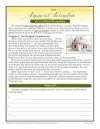
Your student will practice citing supporting evidence with a passage from “Anne of Avonlea.”
Biography of Abraham Lincoln
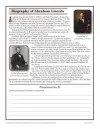
Your student can read about the life of Abraham Lincoln and write a short summary in this worksheet.
Coyote: the Survivor of North America
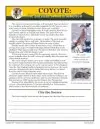
Your student will read a short informational passage about the coyote and then practice finding supporting evidence.
Earthquakes
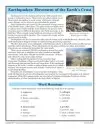
Your student will determine the contextual meaning of words in this informative passage about earthquakes.
Grand Canyon
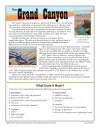
Your student will learn about the Grand Canyon and determine the meanings of words in the passage.
Oliver Twist
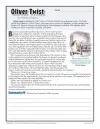
Your student will summarize a passage from Charles Dicken’s classic novel, “Oliver Twist” in this worksheet.
The Attack on Pearl Harbor
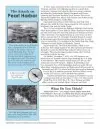
In this worksheet, your student will be asked to analyze the influence of the attack on Pearl Harbor on Americans.
The Jabberwocky
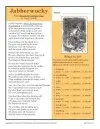
In this worksheet, your student will analyze the fun nonsense words in Lewis Carroll’s “The Jabberwocky” and determine whether the word is a noun, adjective or verb.
The Prince and the Pauper

In this worksheet on Mark Twain’s “The Prince and the Pauper,” your student will compare the settings of Tom Canty’s real life and dream life.
The Road Not Taken
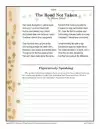
Your student will explore the figurative language in Robert Frost’s beautiful poem, “The Road Not Taken.”
- Reading Comprehension Worksheets
Inferences Worksheets
- Context Clues Worksheets
- Theme Worksheets
Main Idea Worksheets
- Reading Games
- Summary Worksheets
- Online Tests
- Figurative Language Worksheets
- Short Stories with Questions
- Nonfiction Passages
- Genre Worksheets
BECOME A MEMBER!
Reading worksheets.
Ereading Worksheets has the best reading worksheets on the internet, and they're all free. These worksheets are skill focused and aligned to Common Core State Standards. You are free to save, edit, and print these worksheets for personal or classroom use. Many of these assignments can now be completed online. You're going to like this.
This page features a sampling of the reading worksheets on this website, organized by skills. You can find more activity by browsing the pages that are dedicated to each reading skill.
Fiction Reading Passages
Nonfiction reading passages.
- Author's Purpose Worksheets
- Characterization Worksheets
- Fact and Opinion Worksheets
- Irony Worksheets
- Story Structure Worksheets
Types of Conflict Worksheets
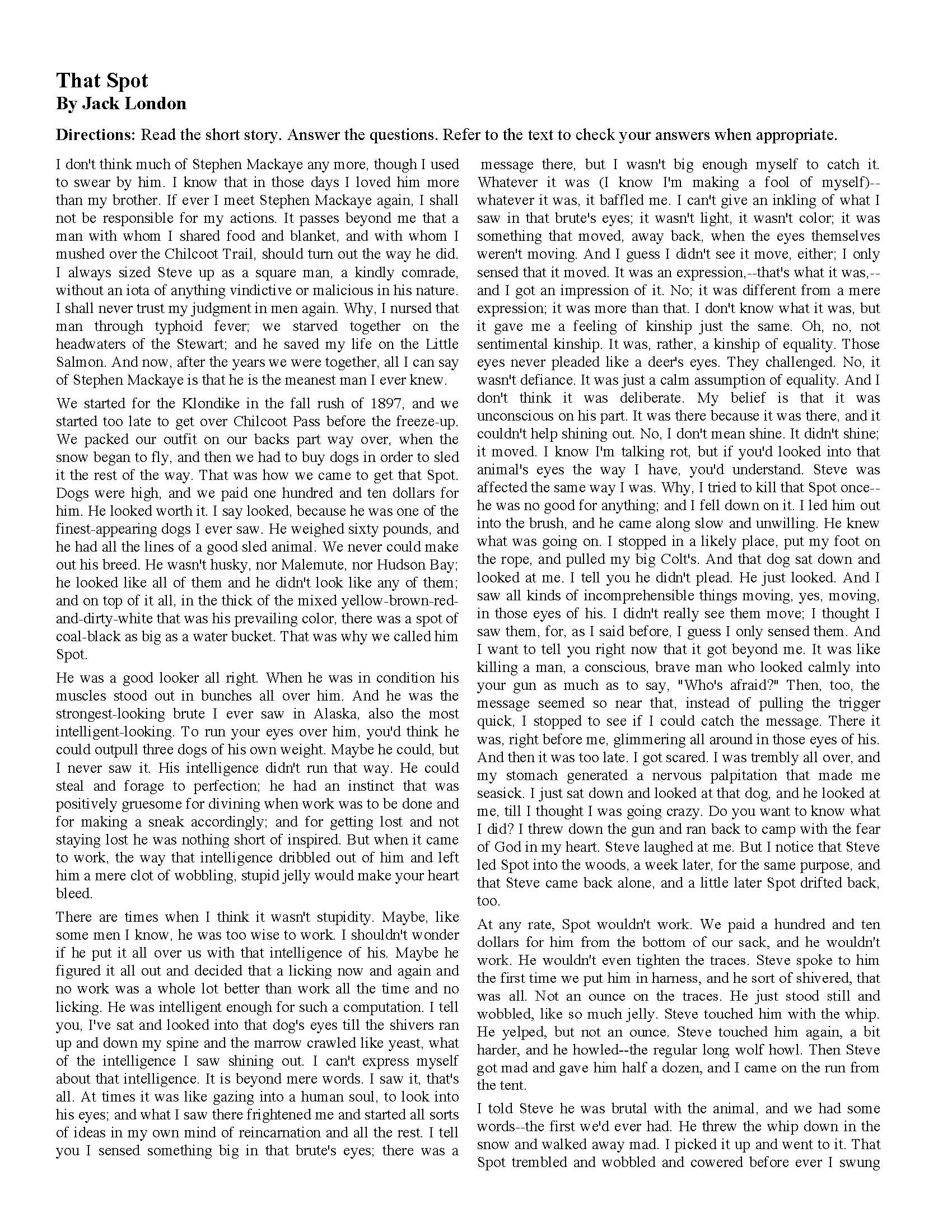
Looking for More Fiction Passages?
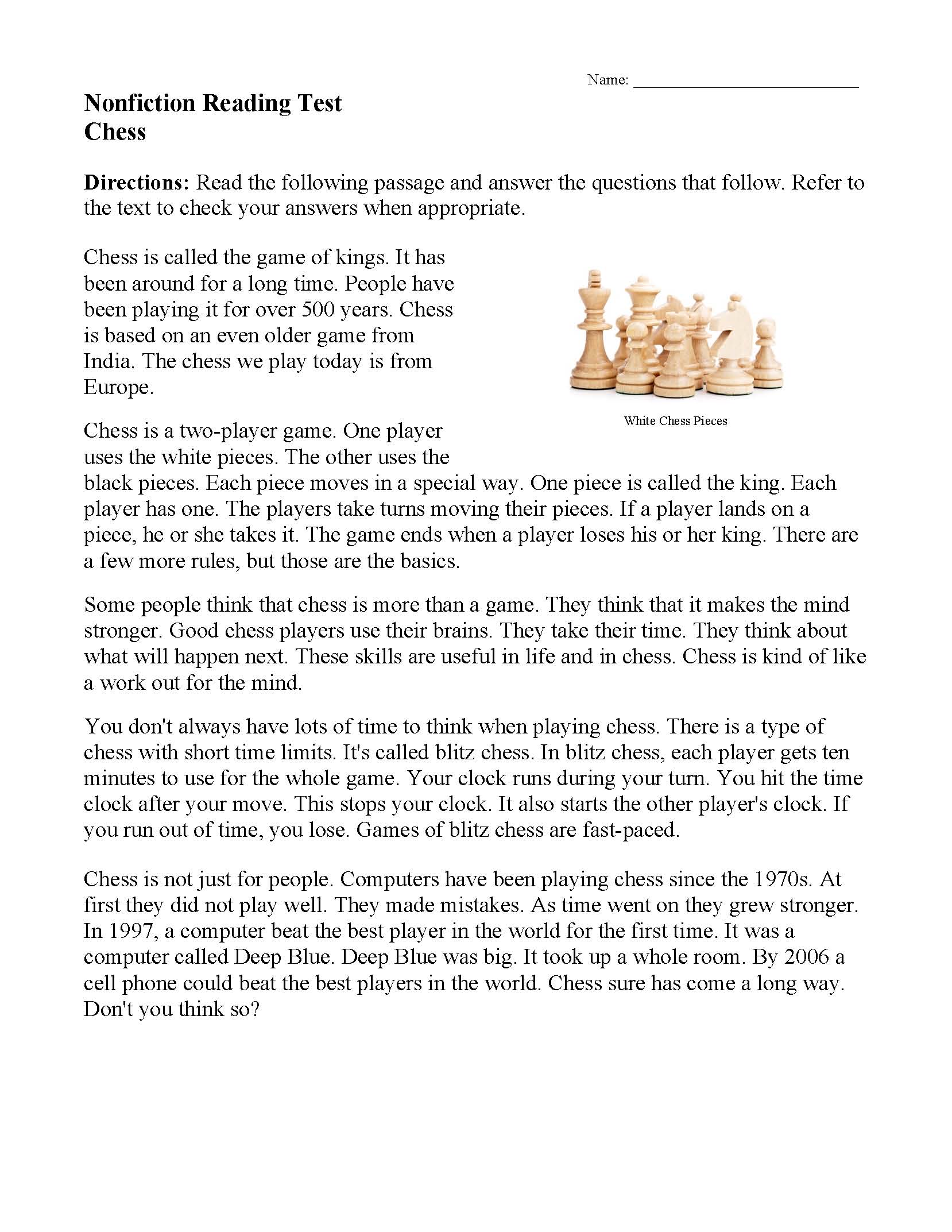
Looking for More Nonfiction Passages?
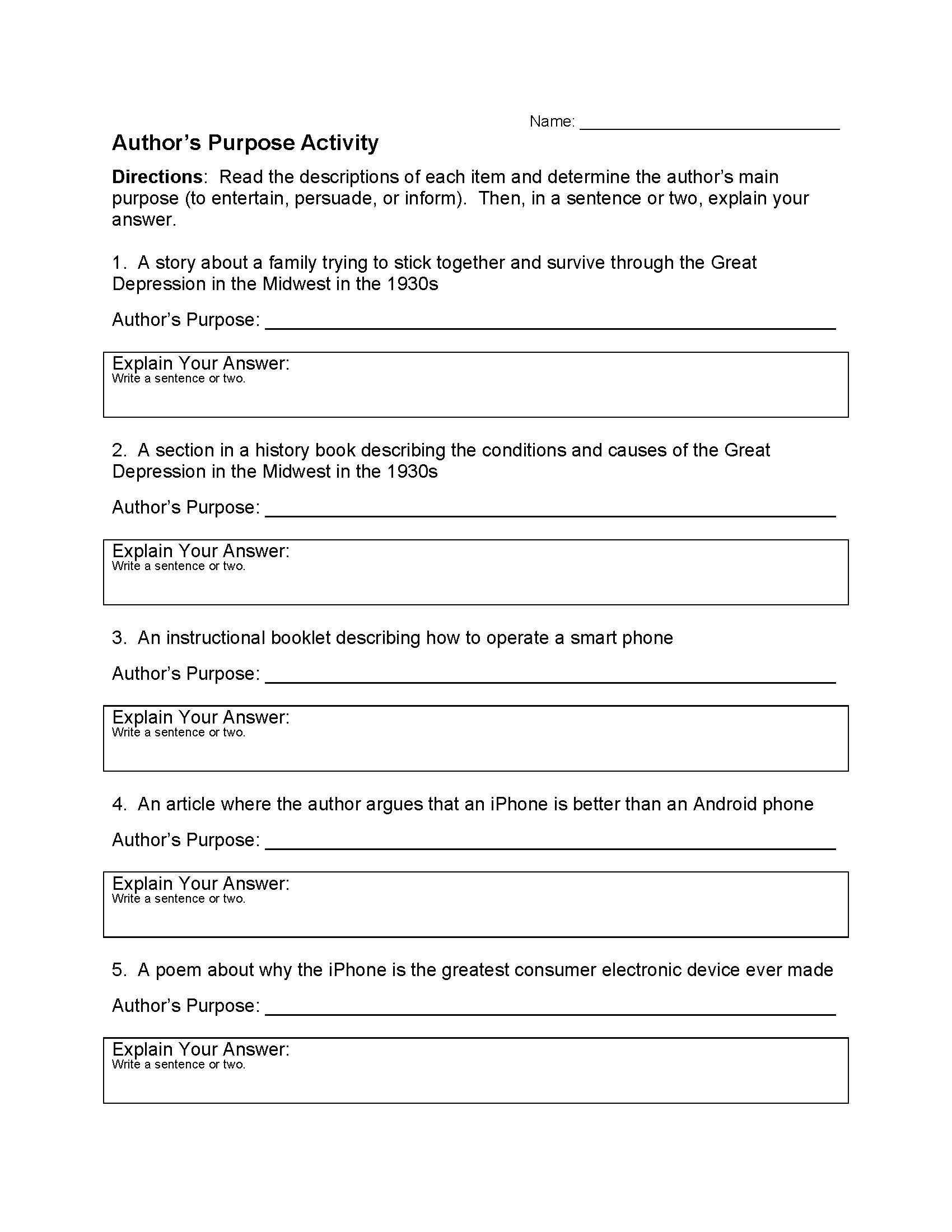
More Resources on Author's Purpose?

More Resources on Characterizations

More Resources on Fact and Opinion
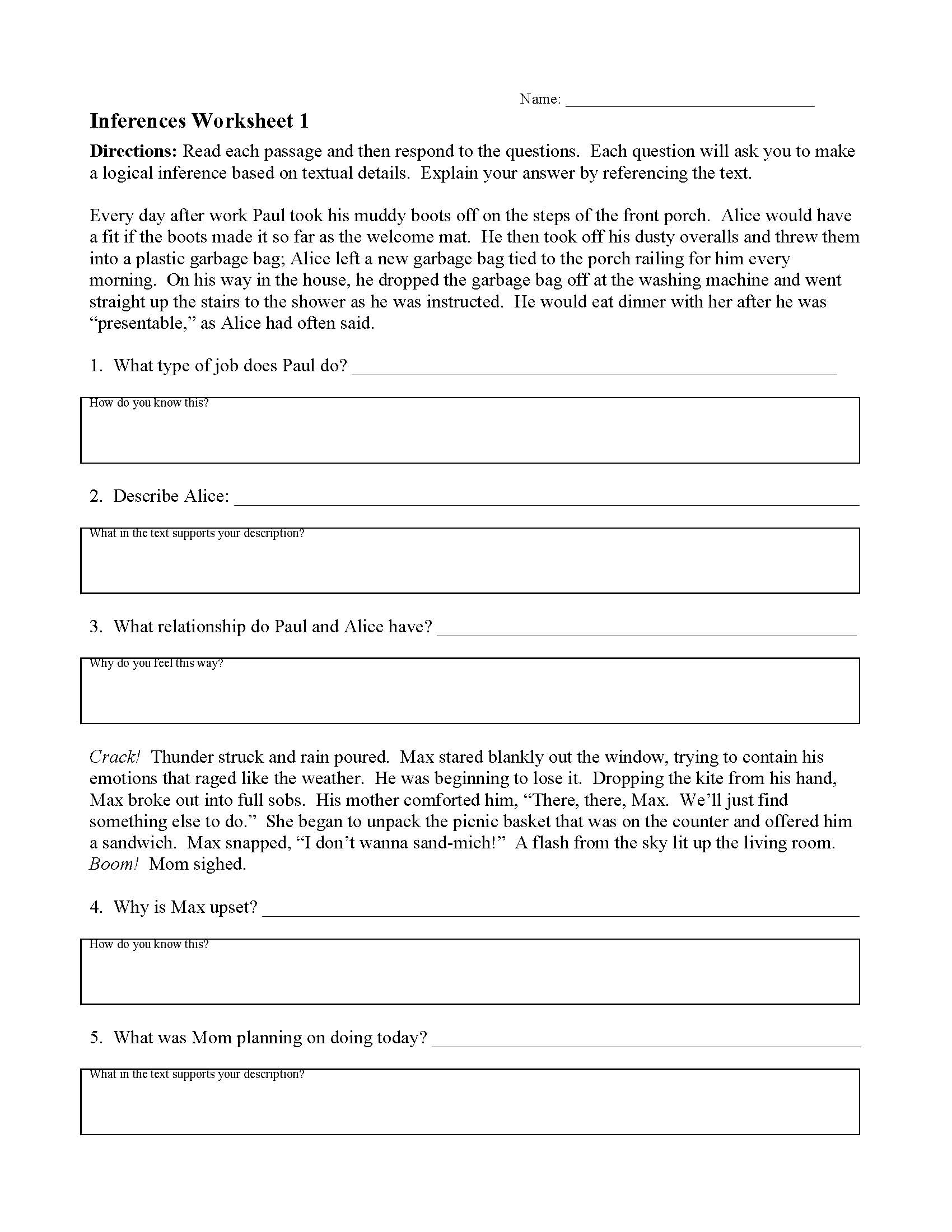
More Resources on Inferences

More Irony Worksheets

More Main Idea Resources
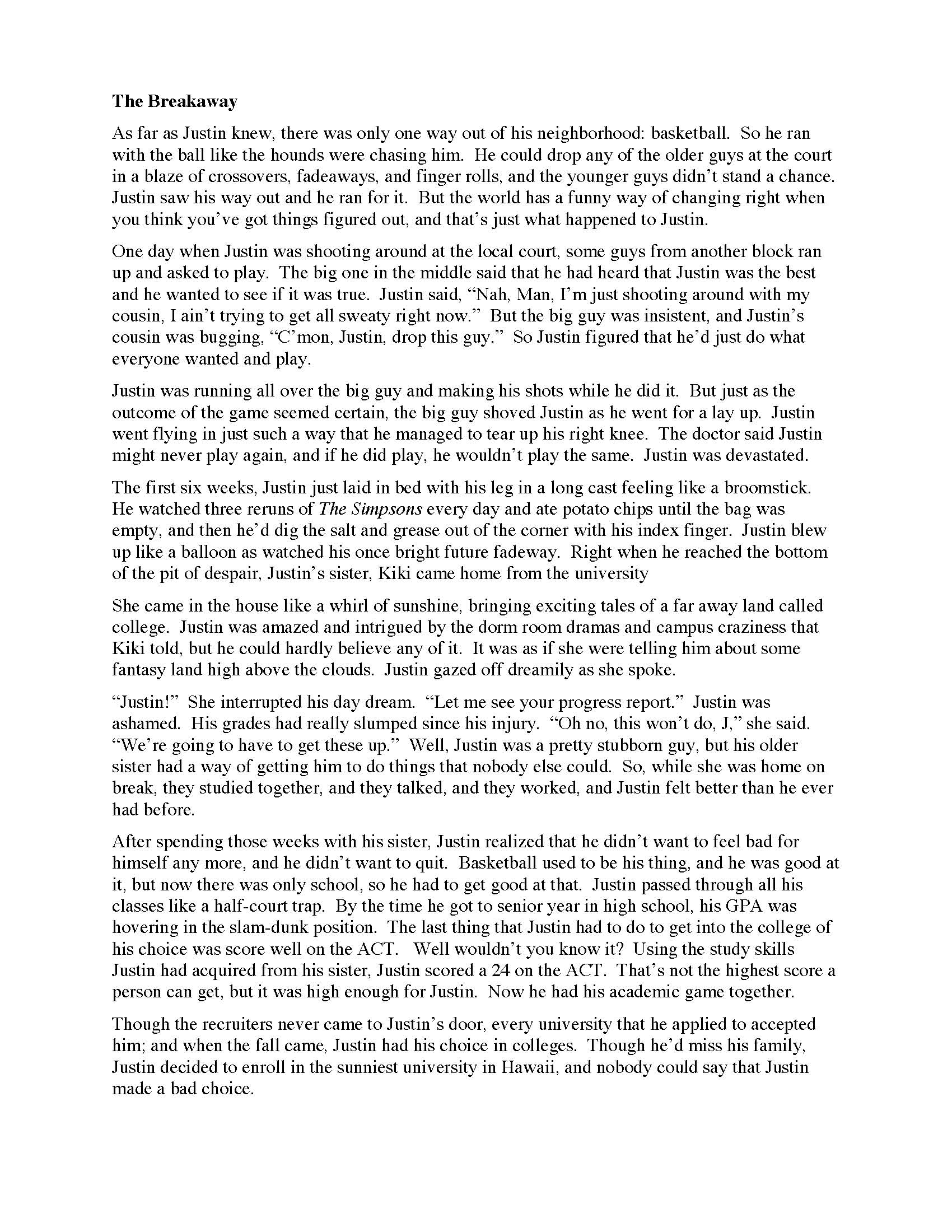
More Story Structure Resources
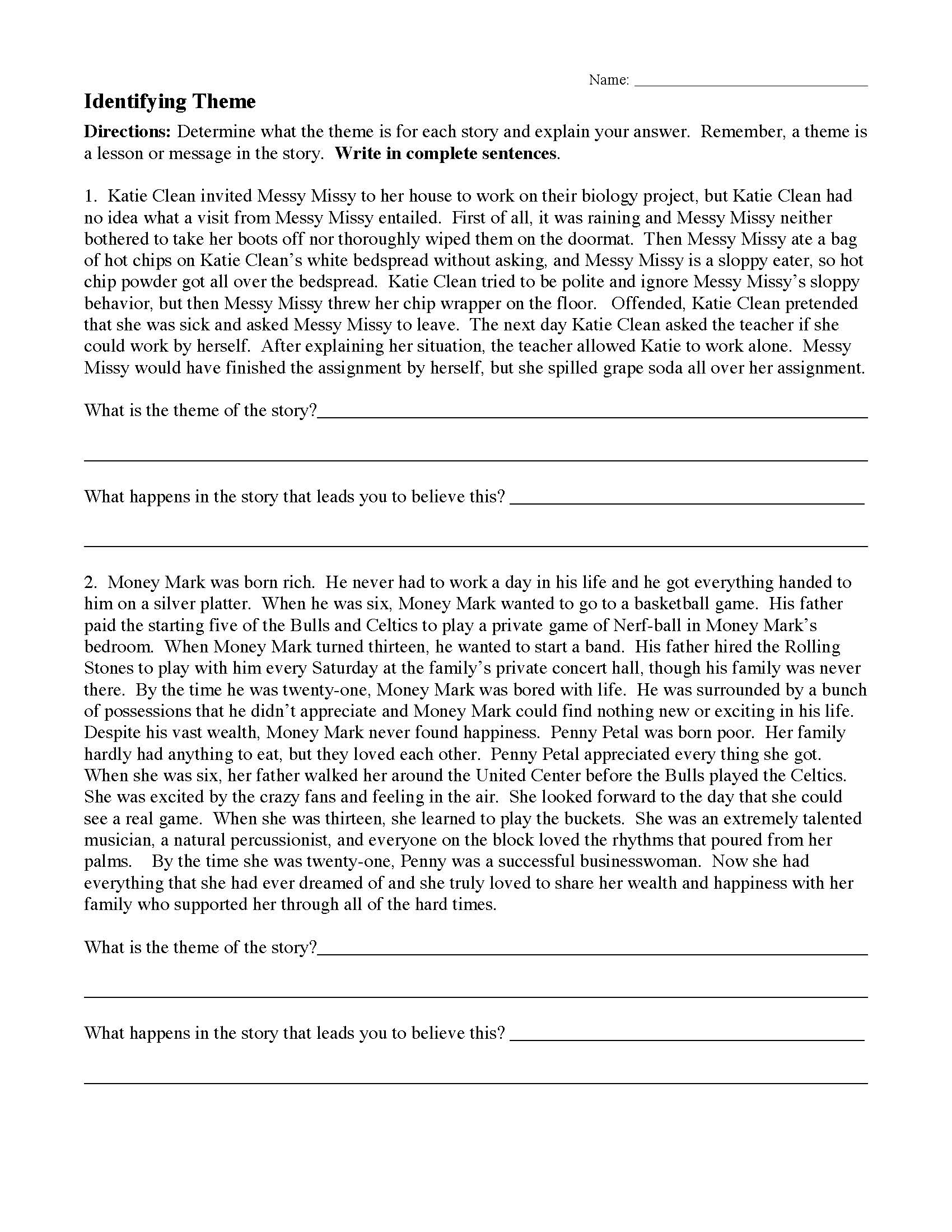
More Resources on Theme
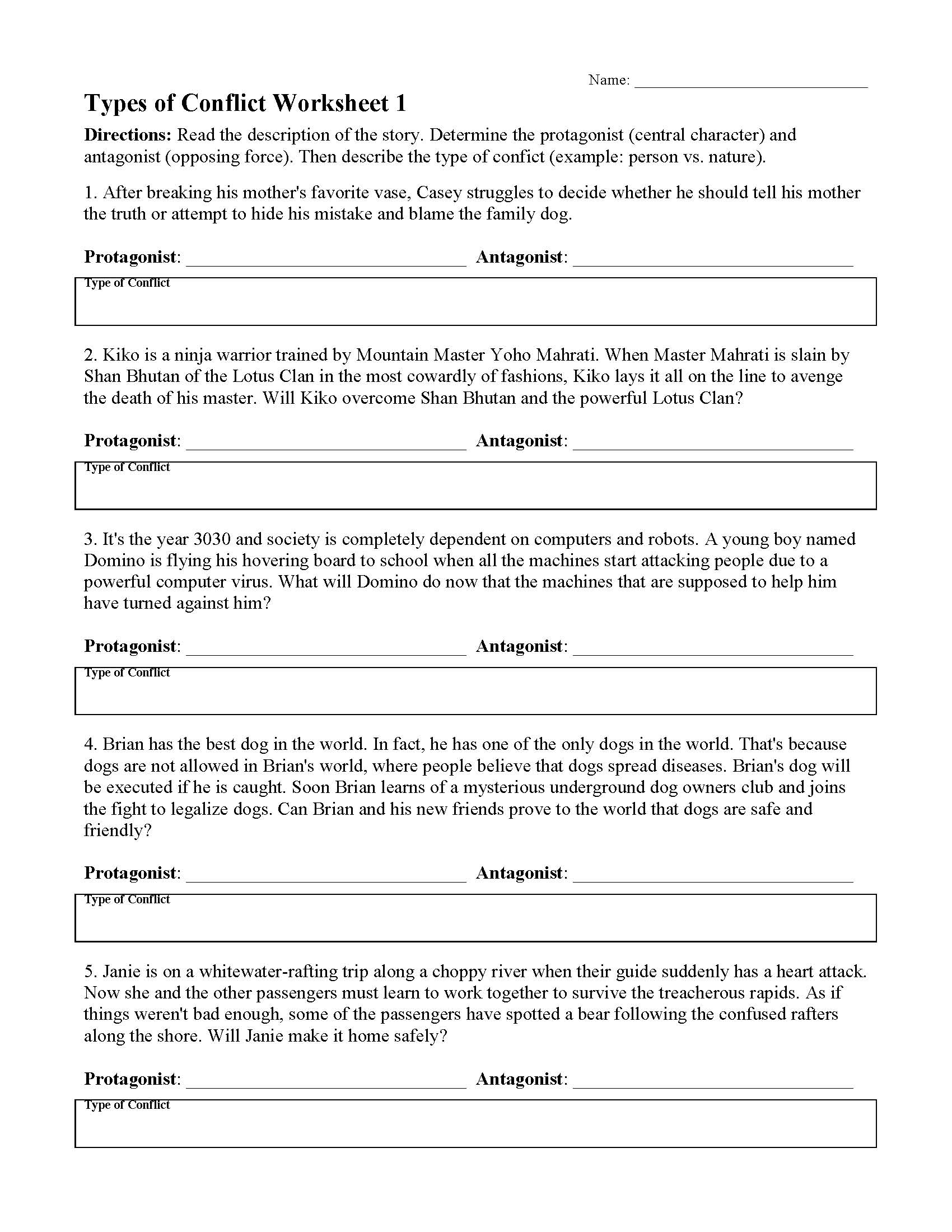
More Resources on Conflict
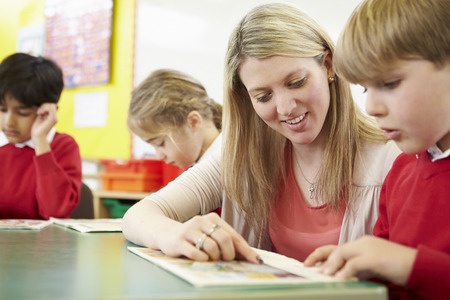

104 Comments
great website! it made my work easier.. love it. thank you
This is one of the best websites I ever came across! It’s just simply the best website for English, apart from the web dictionaries 😉
I’ve been using this website for getting great grades (alliteration is one of those things that your games inspired me to do; not that yours are bad though) at my examinations for atleast 2 years.
I will be forever grateful to Mr. Morton for his wonderful website!
Maybe-Your-Most-Favourite-Viewer
Thank you for visiting and the kind words!
English is my second language.
It is with great pleasure that I found your web site. Over the summer 2020, I printed almost all your reading comprehension materials for my grade 7 and 9 kids to read. I myself read each of them too and answered each of the questions. Your web sites rekindled my interest in reading as an adult.
I am bit selfish to hope there are more reading comprehension materials for my kids and myself.
Thank you for your great work! The world becomes more beautiful because of your altruistic contribution.
Thank you for taking the time to comment. I am always trying to create more content as well as improve the existing content. Best wishes, friend!
Tina Torres
This will help my child alot with her homework,i like this app
Laura Stapel
Hi, Thanks so much for these reading worksheets. They are original and unique and perfect for my tuition of gifted and talented sudents. Just wondering if you have an answer key for the following sheets:
The Authors Purpose 3 Figurative Language Worksheet 3 Non Fiction Reading Test Garbage
Thanks so much and well done on an excellent resource!
its good but i think u should add more games
this is great.
Zainab Ali Asghar
Hello Mr Morton, WOW!! these worksheets, games and activities are simply outstanding!! I am a teacher from Pakistan and these worksheets have helped me immensely in my learning as well as in the school when I share them with my students!! Thank you SOOOO much! I came across figurative language activities which was just the thing I was looking for but I would really appreciate if you could put up activities related to other grammar content; for example, characterization, inferential, fact and opinion, and all other content which we can integrate in our classroom activities.
Forever grateful, Zainab
That’s awesome. I actually have all of that content posted already. I’ve got to figure out some way to make the content more visible. Thanks for visiting!
it helped me in my exams
Hello Mr. Morton,
Thank you for using this great website for my daughter and me. It helps me and my daughter a lot. Do you have answers below***** those tests? If you have can I have it?
***** Jacob the Great Comprehension Test Nutrition Facts Comprehension Worksheet Pain Reliever Comprehension Worksheet
Here are those keys.
https://www.ereadingworksheets.com/reading-comprehension-worksheets/jacob-the-great-answers.html
https://www.ereadingworksheets.com/reading-comprehension-worksheets/medicine-comprehension-worksheet-answers.html
https://www.ereadingworksheets.com/reading-comprehension-worksheets/nutrition-facts-comprehension-activity-answers.htm
Thanks for using the website!
well,these storys are…AWSOME
Michael Holson
Would I be able to post your Power points and worksheets on my webpage? I’ll leave all of them the same and i’ll also put your name on them.
I’m ok with that. Links back to my website as attribution are appreciated.
Samira El-Sabban
Such an outstanding work; i do appreciate the effort and i find it quite useful thanks a million Samira El-Sabban Head of English Department Rajac Schools Egypt
Sarah Madden
Thank you THank you!!!! This site is amazing! I cannot be more happy with it!
hello great passages but is there answers to these passages.
Answers are posted where available, typically under a link that says “View Answers.”
great website!!!!!! I am using your materials for my home school kids
steward Pheirim
This is brilliant, Thank you so much. Absolutely a treasure!!!
My tutor absolutely LOVES this website(so do I) but I was just wondering where the answer key for Jacob the Great? Awesome stories too. I love how detailed they are!
You make teaching easier! Thank you!
Just amazing thanks a lot really
very helpful, exercises are enriching.
I’ve read three of the passages you have here.
The first one was about metal detectors, was amusing, I like it and it’s good to know some of this facts.
The second one was a persuasive text about seat belts, how them keep us safe and the author keeps telling us to use them.
And the third one, my favourite, was about the pony express and how they carry the mail and how hard was and the complications, it’s interesting because they had a problem and they sorted it out in a clever way.
I like your website, thank you very much.
I’m so happy that you do. Best wishes!
hello my name is gabby i like this app it is really fun
It was very good and it is also enriching
Leave a Reply Cancel reply
Your email address will not be published. Required fields are marked *
- Conflict Worksheets
- Figurative Language Activities
- Figurative Language Poems with Questions
- Genre Activities
- Making Predictions
- Mood Worksheets
- Nonfiction Passages and Functional Texts
- Parts of Speech Worksheets
- Poetic Devices
- Point of View Worksheets
- School Project Ideas
- Setting Worksheets
- Simile and Metaphor Worksheets
- Text Structure Worksheets
- Tone Worksheets
- ALL PAGES AND WORKSHEETS

Grade 7 Reading Comprehension Worksheets

History Of Soccer
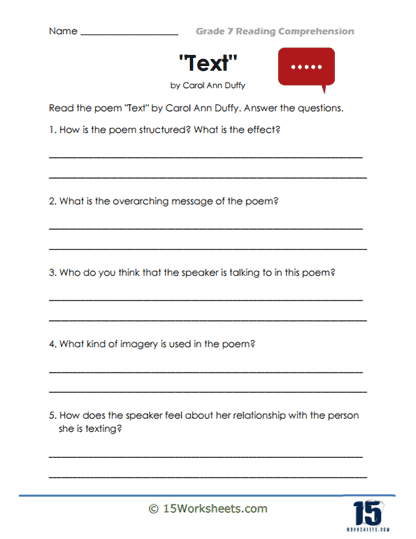
The Power Of Words

The Real History Of Black Friday
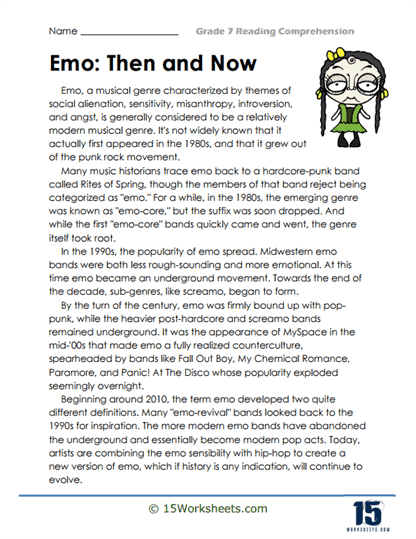
Emo Through The Ages
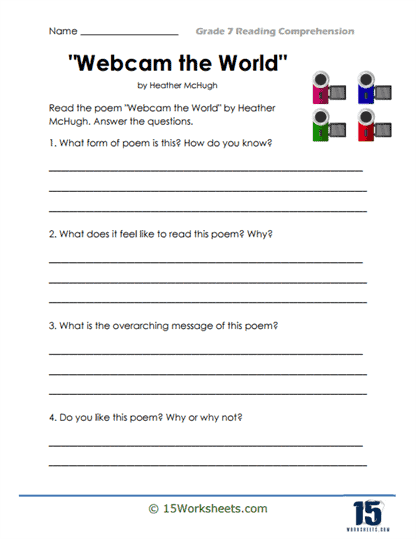
Webcam The World
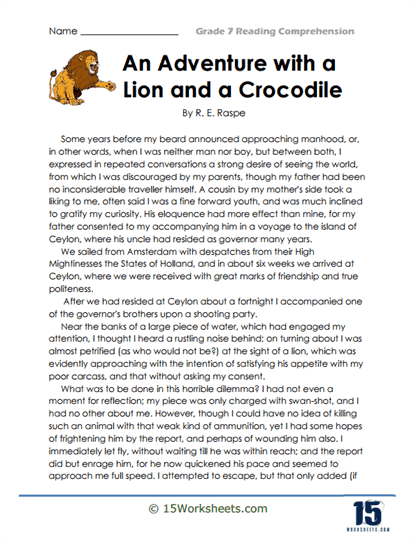
A Lion And A Crocodile
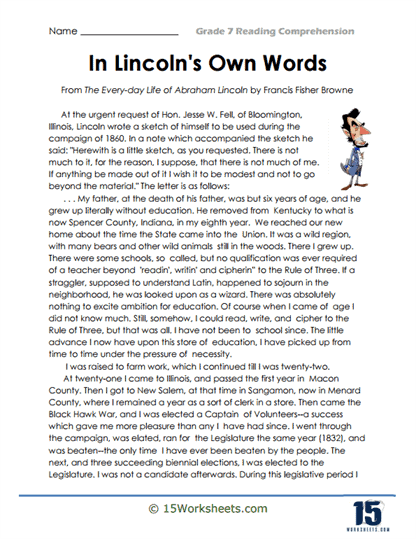
In Lincoln’s Own Words
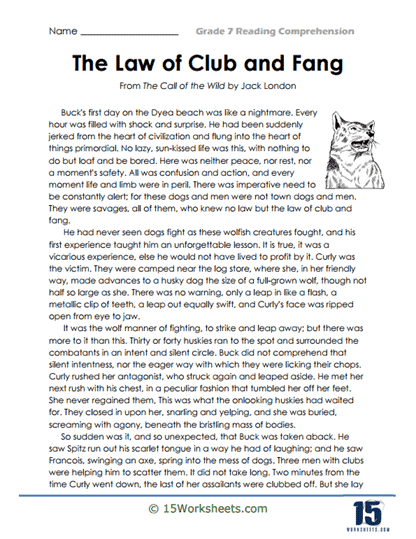
The Call Of The Wild
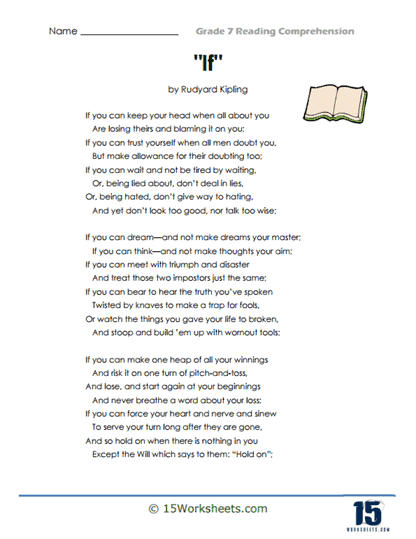
Poetry And Principles
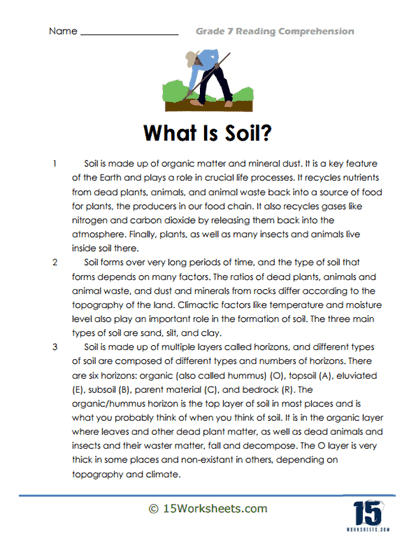
Soil 101: Summarizing Basics

Understanding Erosion
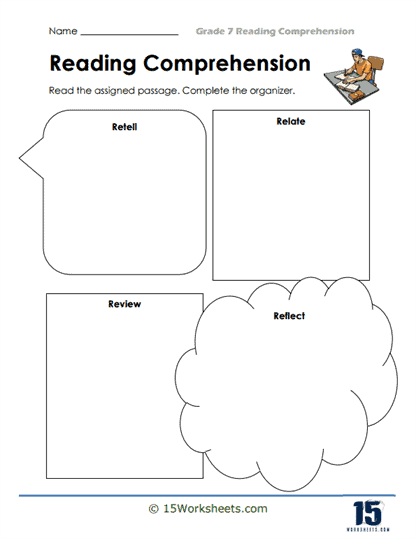
Retell, Relate, Review, Reflect
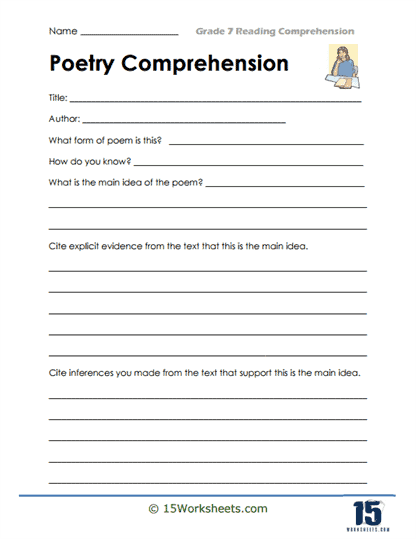
Interpreting Verses
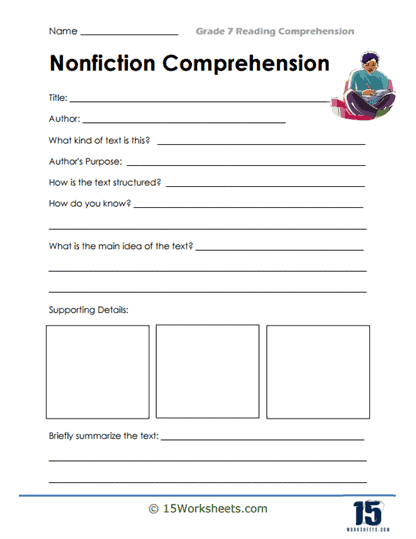
Connecting With Content
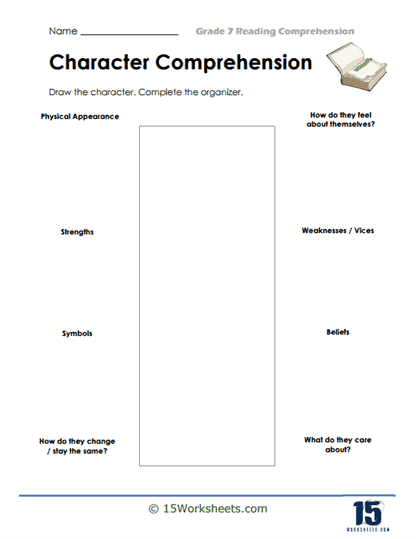
Character Sketch
All about these 15 worksheets.
Seventh grade marks a critical stage in a student’s academic journey, where the development of reading skills and comprehension abilities plays a pivotal role in their success. To support this growth, specialized worksheets are designed to challenge students while engaging their curiosity. These worksheets serve as valuable tools to enhance not only their ability to understand texts but also their analytical and interpretative skills. At their core, the worksheets typically consist of a passage followed by a series of questions and exercises, which prompt students to dig deeper into the content and think critically about what they have read.
The passages in these worksheets cover a wide range of genres, providing a diverse reading experience that caters to different interests and learning styles. From the vivid imagery of poetry to the structured clarity of informational texts, these passages ensure that students are exposed to a broad spectrum of literary forms. Whether encountering a fictional narrative or a nonfiction article, students must navigate through different writing styles, tones, and structures, which helps prepare them for future academic challenges. By interacting with such varied texts, students develop the ability to adjust their reading strategies to meet the demands of each genre.
A key focus of these worksheets is assessing students’ comprehension. Through a combination of multiple-choice questions, short-answer prompts, and inferential tasks, students are required to demonstrate their understanding of the passage’s main ideas, supporting details, and key arguments. This process not only reinforces the content of the text but also trains students to engage with the material more deeply. By analyzing the text’s components, such as plot development, character motivations, or informational structures, students enhance their ability to extract meaning and retain information.
Vocabulary development is another crucial component of these worksheets. Often, students encounter new or challenging words within the passages, and the exercises that accompany these texts provide opportunities to expand their word knowledge. These activities may include matching words with their definitions, using context clues to infer meanings, or incorporating new vocabulary into their own sentences. Such tasks encourage a deeper understanding of language and allow students to see how word choice shapes meaning in different contexts. Furthermore, by repeatedly encountering new vocabulary in various texts, students build a more robust and flexible command of the English language, which is essential for both comprehension and effective communication.
Beyond comprehension and vocabulary, these worksheets often push students to think critically and make inferences. Critical thinking exercises encourage students to go beyond the surface meaning of the text and consider its deeper implications. They might be asked to infer the motivations of a character based on their actions, draw conclusions about the theme of a passage, or reflect on the author’s purpose and perspective. Such tasks require students to piece together evidence from the text and use logical reasoning to arrive at well-supported conclusions. This skill is invaluable, not only in literary analysis but also in navigating complex real-world situations that require thoughtful consideration of multiple factors.
Many of these worksheets introduce students to literary devices, which are the tools writers use to add depth and layers of meaning to their work. By identifying and analyzing devices such as similes, metaphors, symbolism, and imagery, students become more attuned to the nuances of language. For instance, a student might be asked to explain how a metaphor enhances the emotional impact of a poem or how symbolism deepens the reader’s understanding of a narrative theme. This practice not only strengthens their appreciation for literature but also enhances their analytical skills, as they learn to detect subtle patterns and connections within a text.
The collection of Grade 7 reading comprehension worksheets is meticulously designed to balance the need for foundational literacy skills with the development of higher-order thinking. Through thoughtfully crafted questions and exercises, students are prompted to not only engage with the text but also to reflect on it and synthesize their thoughts into coherent written responses. Open-ended questions encourage students to express their ideas clearly, supporting their interpretations with textual evidence. This process not only improves their ability to argue persuasively but also fosters metacognitive awareness as students begin to think about their own thinking—considering why they interpreted the text in a particular way and how it relates to their broader understanding of the world.
The variety of passages offered in these worksheets ensures that students remain engaged and challenged. For example, a worksheet might include an excerpt from a fictional story that invites students to explore character development, followed by a nonfiction article on environmental science that tests their ability to understand and apply factual information. This diversity helps keep learning fresh and exciting, while also ensuring that students can transfer their reading skills across different content areas. Whether reading about erosion in a science-based informational text or identifying themes in a literary piece, students learn to apply their comprehension strategies flexibly, which is an essential skill as they progress to more advanced academic levels.
What Reading Skills Do We Work On in 7th Grade?
At grade 7 student should be proficient in reading complex texts across multiple genres with accuracy and fluency. Their vocabulary should be extensive, allowing them to determine the meaning of unfamiliar words and phrases using context, knowledge of Greek and Latin roots, and other strategies. They should be adept at analyzing the structure of a text, understanding how paragraphs and sections contribute to broader themes and ideas. Critical thinking is vital; students should evaluate arguments and claims in a text, discerning sound reasoning from fallacious or biased points. They should be capable of comparing and contrasting multiple texts, understanding how authors approach similar themes or topics differently. 7th graders should also be able to synthesize information from various sources to form a coherent understanding of a subject or to make informed judgments.
The learning objectives for 7th grade reading comprehension typically include the following:
Reading Fluency – Develop the ability to read fluently and accurately with appropriate speed and expression.
Comprehension Strategies – Apply various comprehension strategies, such as predicting, summarizing, making connections, visualizing, questioning, and monitoring comprehension.
Vocabulary Development – Expand and strengthen vocabulary by learning new words, understanding word roots and affixes, and using context clues to determine word meanings.
Text Analysis – Analyze and interpret various types of texts, including fiction, non-fiction, poetry, and informational texts, by identifying main ideas, supporting details, author’s purpose, tone, and point of view.
Inferential and Critical Thinking – Make inferences and draw conclusions based on explicit and implicit information within the text. Develop critical thinking skills by evaluating the validity of arguments, analyzing different perspectives, and identifying bias or propaganda in texts.
Literary Elements – Recognize and analyze literary elements such as plot, character development, setting, theme, figurative language, and literary devices.
Text Structure and Features – Identify and understand different text structures, such as cause and effect, compare and contrast, problem and solution, and chronological order. Utilize and understand features specific to informational texts, such as headings, subheadings, captions, diagrams, tables, and graphs.
Media Literacy – Develop the ability to critically analyze and interpret media messages presented in various forms, including online articles, advertisements, videos, and social media posts.
Active Reading Strategies – Employ active reading strategies such as annotating, highlighting, note-taking, and summarizing to enhance comprehension and retention of information.
A 7th grade student can enhance reading comprehension by engaging in regular deep reading sessions, focusing on understanding rather than speed, and taking notes to capture essential ideas. They should challenge themselves by reading diverse materials, from novels to news articles, to gain exposure to varied language structures and concepts. Creating mind maps or outlines can help in organizing information, aiding in the visualization of relationships within the text. Engaging in group discussions or book clubs allows students to gain different perspectives, promoting deeper insights and clarifying misunderstandings. When encountering challenging vocabulary or concepts, it’s beneficial to research and seek external resources, like dictionaries or reference materials. It also can help to focus on periodic self-quizzing on the material, or explaining the content to someone else, can reinforce understanding and highlight areas needing further review.
What Novels Do 7th Graders Commonly Read in School?
In seventh grade, literature begins to take on a deeper significance as students explore complex themes, moral dilemmas, and personal growth through engaging novels. The books chosen for this pivotal year often challenge students to think critically, reflect on their own lives, and understand the world around them in new and profound ways. The novels that seventh graders read in school vary widely depending on the curriculum and school district, but there are several works that are commonly found in classrooms across the country. These novels not only captivate young readers but also introduce them to important themes such as friendship, identity, social justice, resilience, and empathy.
One of the most frequently assigned novels in seventh-grade classrooms is “The Giver” by Lois Lowry . This dystopian novel presents a thought-provoking exploration of a society that has eliminated pain and suffering by eradicating individuality and emotional depth. As students follow the journey of Jonas, the protagonist who slowly uncovers the disturbing truths of his seemingly perfect world, they are encouraged to question concepts like conformity, freedom, and the value of human experience. The Giver challenges young readers to consider what it means to live a full life and the importance of memories, both joyful and painful. This novel often sparks rich discussions on ethics and the balance between security and personal freedom, making it an ideal choice for seventh-grade students beginning to explore abstract concepts in literature.
Another iconic novel that often appears on seventh-grade reading lists is “The Outsiders” by S.E. Hinton . Written by Hinton when she was still a teenager, this coming-of-age story resonates with young readers as it captures the raw emotions of adolescence, friendship, and social conflict. Set in the 1960s, the novel follows the lives of the Greasers and the Socs, two rival groups from different social classes. Through the experiences of the main character, Ponyboy Curtis, students explore themes of loyalty, prejudice, and the struggle to find one’s place in the world. The novel’s exploration of class divides and the struggles of youth to define themselves outside societal labels make The Outsiders a timeless and relatable story for seventh graders, who may be experiencing similar feelings of wanting to fit in or stand out.
One novel that often sparks both reflection and emotional connection is Harper Lee’s classic, “To Kill a Mockingbird.” Though the book is commonly associated with high school curricula, it is often introduced in middle school, especially in seventh grade. Set in the racially charged atmosphere of the American South during the Great Depression, the novel tackles difficult topics such as racism, injustice, and moral courage through the eyes of young Scout Finch. Seventh graders are at a stage where they are developing their moral compass, and To Kill a Mockingbird invites them to grapple with ideas of fairness, empathy, and the importance of standing up for what is right, even when it’s unpopular or difficult. The novel’s portrayal of moral growth through Scout’s relationship with her father, Atticus Finch, serves as a powerful foundation for discussions about ethics and social justice.
The exploration of resilience and hope continues in “The Diary of a Young Girl” by Anne Frank , which provides seventh-grade students with a deeply personal and historical perspective on the Holocaust. Through Anne Frank’s eyes, readers witness the daily fears, frustrations, and moments of joy of a young Jewish girl in hiding during one of the darkest periods in history. This book offers a unique opportunity for students to connect with history on an emotional level and understand the devastating impact of war and prejudice on individuals and families. Anne’s unwavering optimism and hope, despite the grim circumstances, inspire readers to reflect on their own capacity for resilience in the face of adversity. The lessons of empathy and humanity that arise from Anne’s story are invaluable for young readers as they grow into more aware and compassionate individuals.
Modern novels like “The Hunger Games” by Suzanne Collins bring action and social commentary into the seventh-grade classroom. With its fast-paced plot and dystopian setting, the novel attracts students with its excitement but also introduces them to important social issues such as inequality, governmental control, and the ethics of survival. Katniss Everdeen’s journey from an ordinary girl to a reluctant hero resonates with many students who are beginning to understand their own potential for agency and change in a world that may seem overwhelming at times. The novel’s portrayal of courage and sacrifice encourages students to think critically about power structures and their role in society.
Books like “Wonder” by R.J. Palacio further emphasize themes of empathy and kindness, focusing on the experience of a boy named Auggie, who has a facial difference, as he navigates the challenges of middle school. Seventh graders, who are often at a stage where peer relationships and social dynamics are front and center in their lives, connect deeply with Auggie’s struggle to be accepted for who he is. Wonder promotes understanding and kindness, making it an excellent novel for fostering discussions about bullying, inclusion, and the power of compassion.
Similarly, “The Lightning Thief” by Rick Riordan , the first book in the Percy Jackson series, combines fantasy with real-world issues like learning disabilities and identity. The novel’s action-packed adventure in a world where Greek mythology comes to life appeals to students’ imaginations, while Percy’s struggles with dyslexia and ADHD provide a relatable lens for those who face similar challenges. Through Percy’s journey, students are reminded of the importance of embracing their unique qualities and finding strength in their differences.
Other frequently taught novels such as “Roll of Thunder, Hear My Cry” by Mildred D. Taylor and “The Watsons Go to Birmingham – 1963” by Christopher Paul Curtis offer a window into African American history and the Civil Rights Movement, encouraging seventh graders to confront historical injustices and consider the long-standing impact of racism. These stories not only educate students about critical moments in American history but also challenge them to reflect on the ongoing struggle for equality and justice in today’s society.
Novels like “Hatchet” by Gary Paulsen, “Bridge to Terabithia” by Katherine Paterson, and “Freak the Mighty” by Rodman Philbrick introduce themes of survival, friendship, and loss. These novels invite students to think about personal strength, emotional resilience, and the value of deep connections with others. Whether following a character’s fight for survival in the wilderness or exploring the bonds of an unlikely friendship, these stories resonate with the internal challenges that many seventh graders face as they navigate the complexities of adolescence.
While the specific novels assigned to seventh graders may vary from school to school, the overarching themes of friendship, resilience, identity, and empathy are universal. The carefully chosen literature offers students a mix of emotional connection, intellectual challenge, and moral reflection, helping them grow both as readers and as individuals. These novels not only provide entertainment but also open doors to self-discovery and a greater understanding of the world, making literature an essential part of the seventh-grade experience.

COMMENTS
Free, Printable 7th grade appropriate reading passages and related questions. Cross-curricular focus on earth science, physical science, history, social sciences, or life sciences. Browse Worksheets
This page has all of my reading worksheets that were written at or around the 7th grade level. I used this awesome website to determine the readability scores of each of these worksheets, but you'll want to read and approve them yourself before giving them to your students.
Browse Printable 7th Grade Reading Worksheets. Award winning educational materials designed to help kids succeed. Start for free now!
These worksheets are skill focused and aligned to Common Core State Standards. You are free to save, edit, and print these worksheets for personal or classroom use. Many of these assignments can now be completed online. You're going to like this.
Below you’ll find 7th grade reading comprehension passages along with questions and answers and related vocabulary activities. These printable worksheet activities include original excerpts from short stories and books as well as high-interest informational topics.
The collection of Grade 7 reading comprehension worksheets is meticulously designed to balance the need for foundational literacy skills with the development of higher-order thinking.